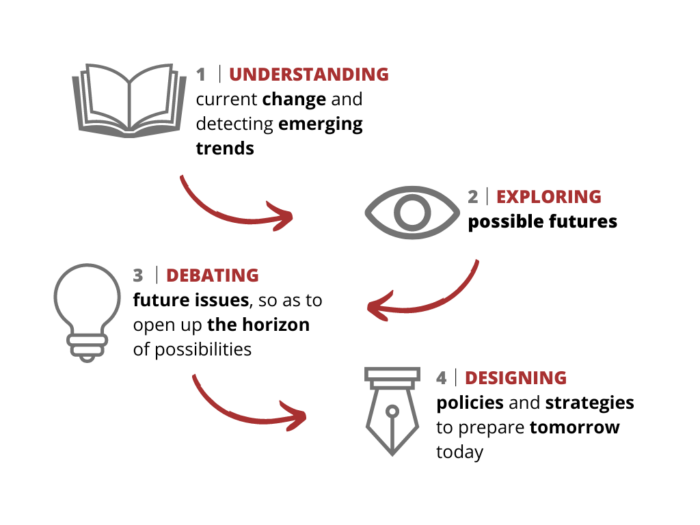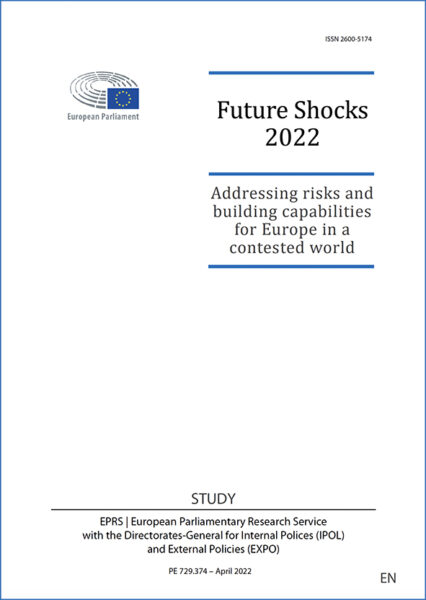In the current context of the “Arab springs” and the victory of the Islamist Ennahda Party at the elections held in late October 2011 in Tunisia, the situation in Turkey is attracting more and more interest. As we saw last month in these pages, this country situated at the boundary between East and West, which is secular and democratic and yet led by an Islamic government that has enjoyed broad popular support for almost ten years, is currently reclaiming its diplomatic independence and acquiring unprecedented regional and international scope. Does this mean Turkey is turning its back on Europe and looking toward the East? That seems highly unlikely, but it is clear, as Jean-François Drevet shows here, that the new foreign policy of Ankara has – and will have – important consequences for the relations between Turkey and the EU, and perhaps on its prospects of membership of the Union.
Apart from the longstanding difficulties posed by the Cyprus problem, the Turkish determination to give a religious dimension (in this case, an Islamic one) to its foreign policy could raise a new obstacle on the path to membership, as could the difficulties Ankara is experiencing in its attempt to eliminate all the problems from its relations with its neighbours (particularly, Israel, Greece or Armenia). And though Turkey may seem to Europeans like an important regional partner, we should not – provided that the country remains interested in joining the Union – fall into a policy of culpable indulgence towards it, akin to that long practised by the USA.
The Foreign Policy of Turkey and Europe
Cet article fait partie de la revue Futuribles n° 380, déc. 2011


